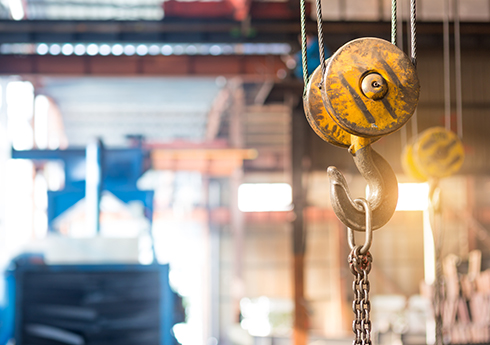
Job search tips to help you become a crane technician
May 6, 2025What It’s Like to Work as a Crane Technician in Ontario
Crane technicians are the unsung heroes behind the scenes, keeping industrial operations safe, efficient, and running smoothly. From inspecting massive lifting systems to troubleshooting emergency breakdowns, no two days in this skilled trade are ever the same. If you're considering a career as a crane tech in Ontario or across Canada, this article breaks down what the job is really like.
Crane Technician Job Description
Crane techs, also known as crane mechanics, specialize in the inspection, maintenance, and repair of overhead cranes and material handling equipment. Responsibilities often include:
High Responsibility, High Impact
Crane technicians play a critical role in workplace safety and operational uptime. A crane malfunction can halt production and cost companies thousands of dollars per minute. Your ability to spot issues before they become problems and fix them fast directly impacts both safety and profitability.
Crane Technician Salary in Ontario
In Ontario, entry-level crane technicians typically start around $35/hour, with potential to exceed $100,000 annually when factoring in overtime and on-call hours. Your earnings will depend on your experience, certifications, and the type of work you take on.
Where Crane Technicians Work
You’ll find crane techs in all kinds of industrial environments, from steel mills and power plants to warehouses and manufacturing facilities. While you’ll mostly work indoors, the job is active, hands-on, and far from desk-bound. Whether you're part of an in-house maintenance team or a service crew that travels to job sites, your work environment will be loud, dynamic, and physically demanding.
A Day in the Life of a Crane Tech
There’s no such thing as a “typical” day. You might be:
Your day will likely involve lifting heavy parts, troubleshooting complex systems, and interacting with customers, all while maintaining a sharp focus on safety and technical precision.
How to Start Your Career as a Crane Tech
Becoming a crane technician doesn’t follow one set path. Some start with an apprenticeship right out of high school; others transition from related trades like millwrighting or electrical work. Learn more about the skills and certifications you'll need to get started.



